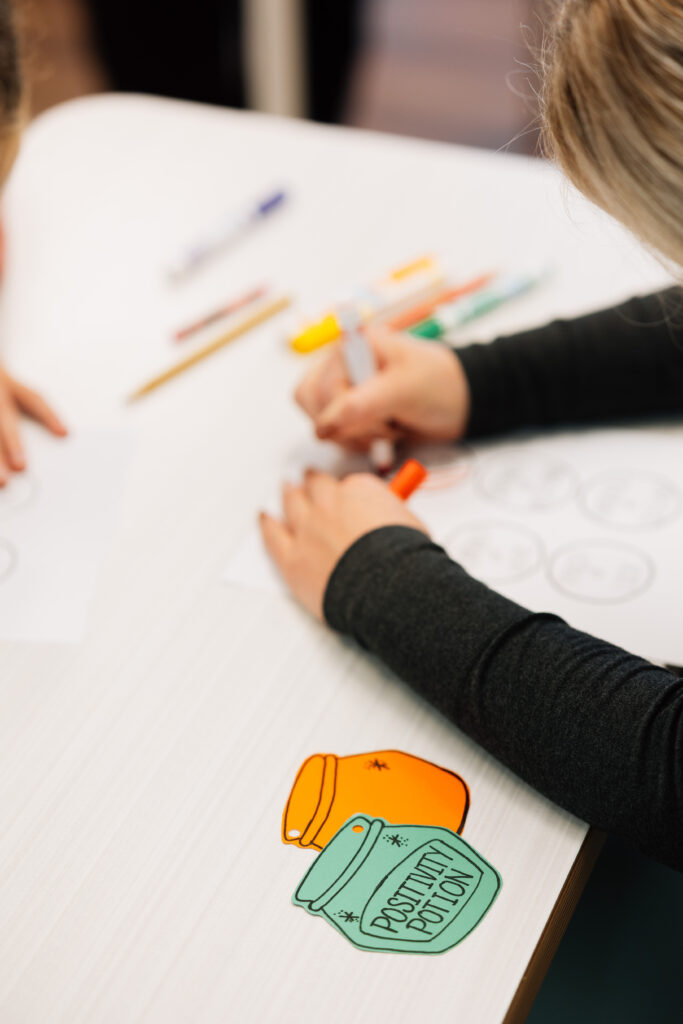pediatric psychiatry
Dayton Children’s psychiatrists provide expert evaluation and treatment to help children and teens manage complex mental health conditions.
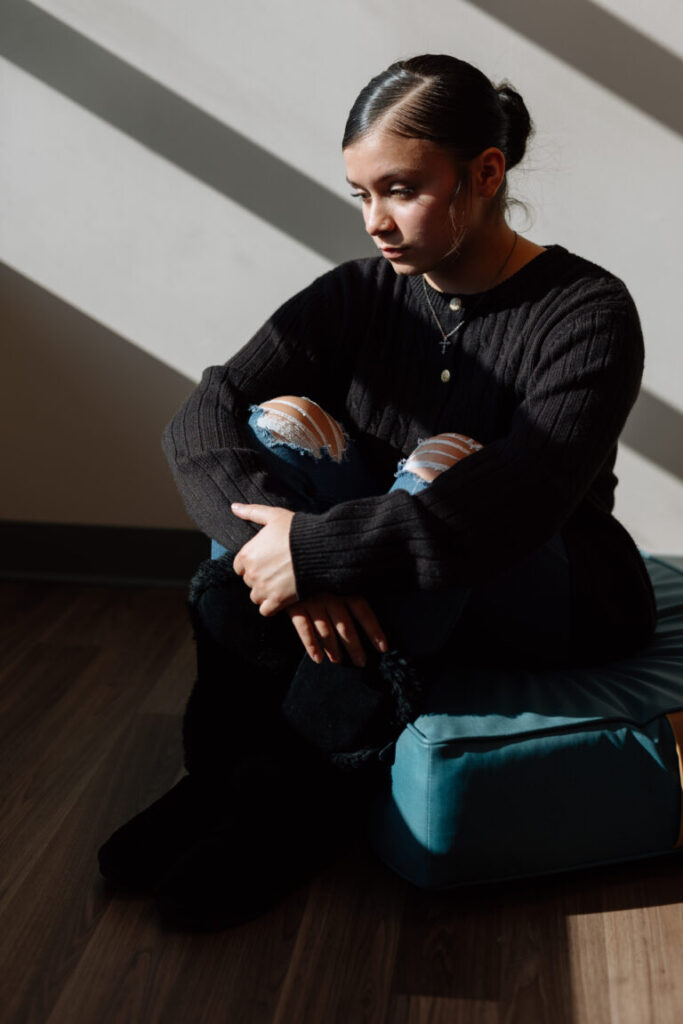
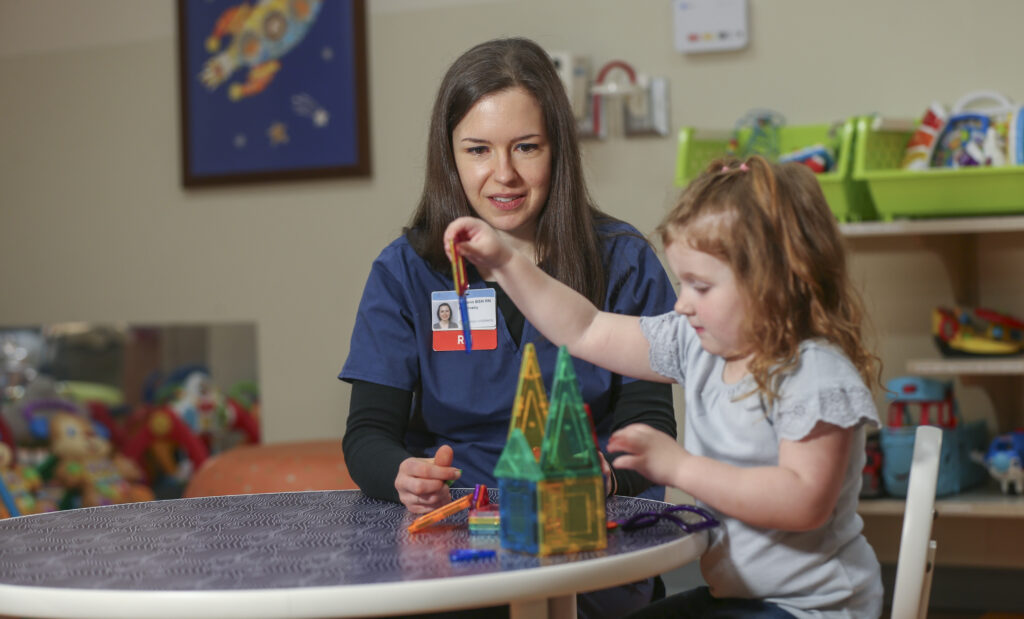
why choose Dayton Children’s for psychiatry
When your child or teen is facing mental health challenges, it can be overwhelming. At Dayton Children’s, we’re here to help with compassionate, expert care designed specifically for children.
Our team understands that seeking psychiatric care can feel intimidating. That’s why we prioritize a welcoming, supportive environment where families feel heard and children receive care that’s thoughtful, effective, and focused on long-term wellbeing
psychiatry services available
Our psychiatry clinic provides comprehensive outpatient services for children ages 4 to 16 with complex mental health conditions, severe autism or developmental delays and medical conditions in addition to mental health concerns.
Led by board-certified child and adolescent psychiatrists, we offer:
- Thorough evaluations to understand your child’s unique needs
- Personalized treatment plans tailored to each developmental stage
- Medication management when appropriate, with ongoing monitoring and support
If you believe your child may benefit from these services, please talk with your primary care provider to determine the best next steps and provide a referral to Dayton Children’s if needed.
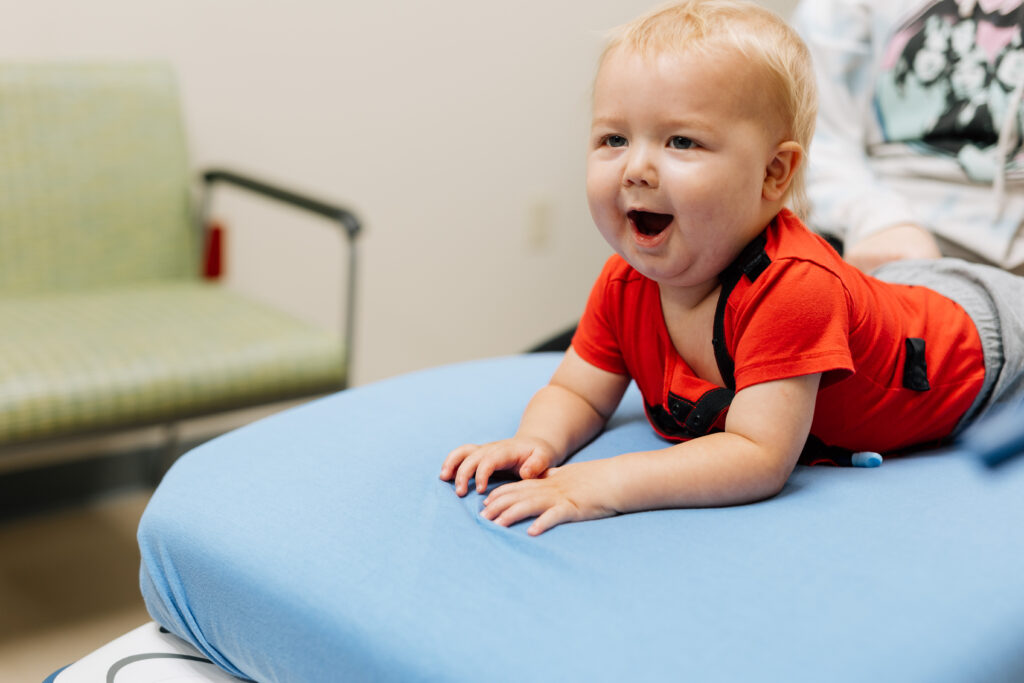
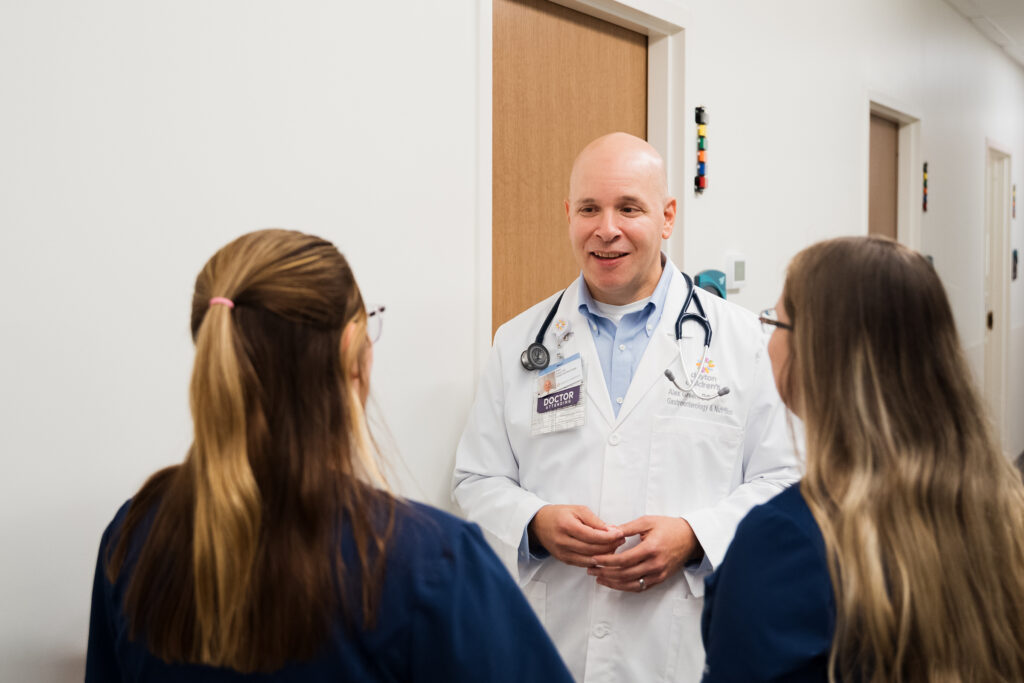
our pediatric psychiatry specialists
- Katherine Winner, MD — Division Chief, Psychiatry
- Andrew Smith, MD — Program Director, Pediatric Psychiatry
- Bhupinder Kaur, MD — Psychiatry, Mental Health
- Bradley Subler, DO — Psychiatry
- Elizabeth Schindler, DO — Psychiatry, Mental Health
- Brittany Morehart, PMHNP, APRN — Psychiatry, Mental Health
- Paul Houser, MD, FAAP, FAACAP — Psychiatry, Mental Health
- David Hart, MD — Psychiatry, Mental Health
- Kelly Blankenship, DO — Associate Chief Medical Officer, Psychiatry, Mental Health
- Katherine Lee, MD — Psychiatry, Mental Health
- Theresa Blachly-Flanagan, MD — Psychiatry, Mental Health
- Kalpana Miriyala, MD — Mental Health, Psychiatry
- Bethany Harper, MD — Mental Health, Psychiatry
- Andrea Westfall, CNP — Mental Health, Psychiatry
- Gianni Maione, MD — Psychiatry, Mental Health
- Kelechi Emereonye, MD — Psychiatry, Mental Health
- Sean Pierce, MSN, APRN, PMHNP-BC — Psychiatry, Mental Health
- Yuji Wakimoto, MD — Psychiatry, Mental Health
- Brett Fields, MD — Psychiatry, Mental Health
- Andrew Khavari, MD — Mental Health, Psychiatry
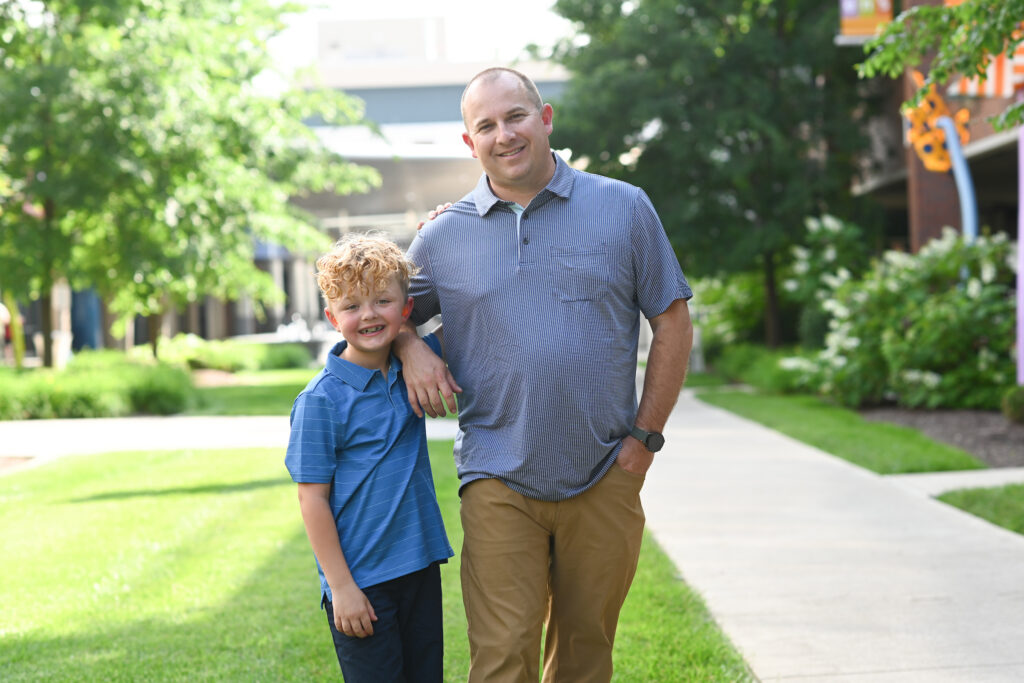
mental health conditions we care for
programs & clinics
eating disorders clinic
Eating disorders can affect a child’s nutrition, growth and overall health. The eating disorders clinic at Dayton Children’s brings together the medical and psychological aspects of treatment for patients ages 10 to 17 with a diagnosis of an eating disorder and referral. To provide the most comprehensive care, our team includes:
- Double board-certified pediatrician and child and adolescent psychiatrist
- Therapists
- Dietitians
- Nurses
- Medical assistants
We understand that seeking help for an eating disorder can be very challenging. We use a treatment plan that involves the whole family and is based on proven methods for helping children and adolescents with eating disorders. One important part of this plan is teaching parents and caregivers how to follow the care team’s advice at home.
We believe in partnering with families on their child’s road to recovery. Together, we’ll work towards a healthier future for your child. We’re here for you every step of the way. Our team will help you know what to expect, answer your questions, and connect you with additional resources, should you need further support.
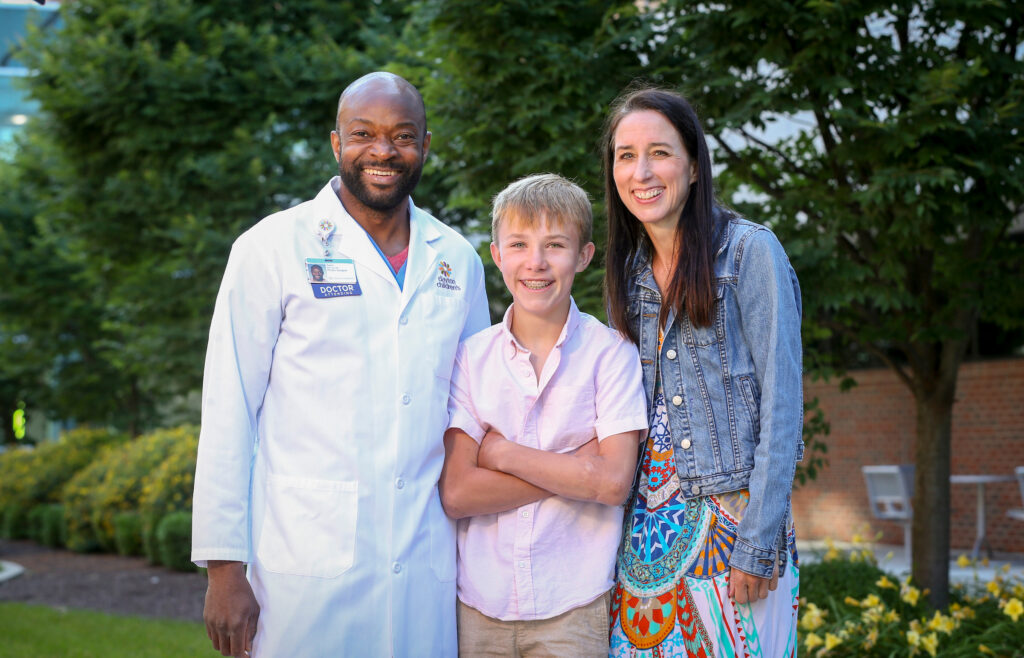
news and blogs
Stay up-to-date with the latest insights from Dayton Children’s Hospital. We’re always working to share helpful, real-world content for families navigating pediatric mental health care.
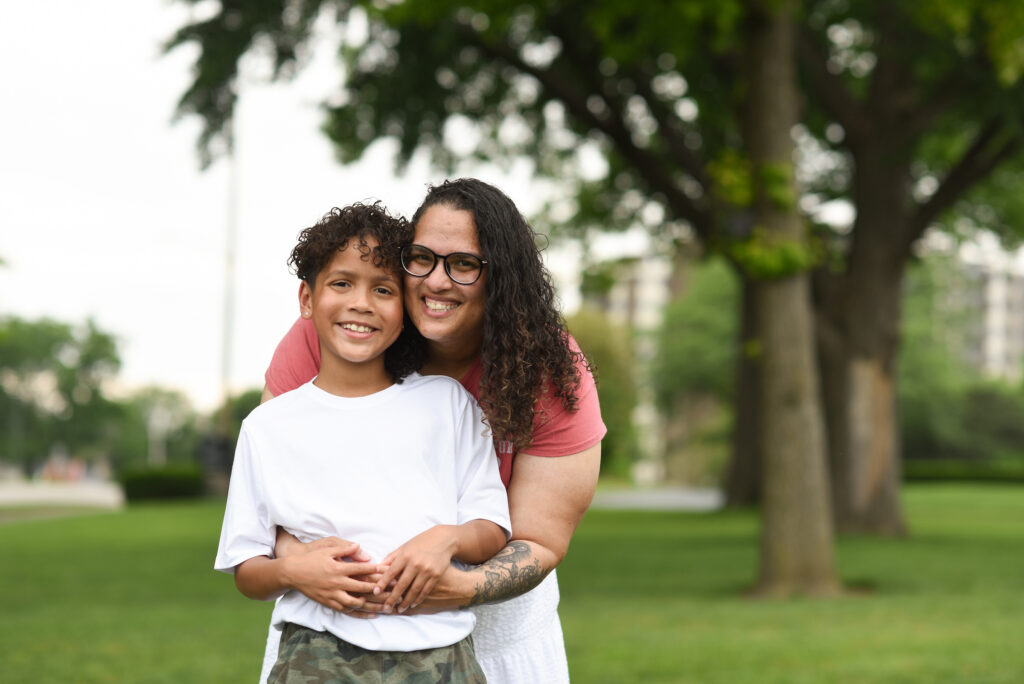
patient stories
Real families, real healing. Every child’s mental health journey is unique – and so is the care they receive at Dayton Children’s. These stories offer hope, guidance and reassurance that we are here to support your child’s emotional wellbeing every step of the way.
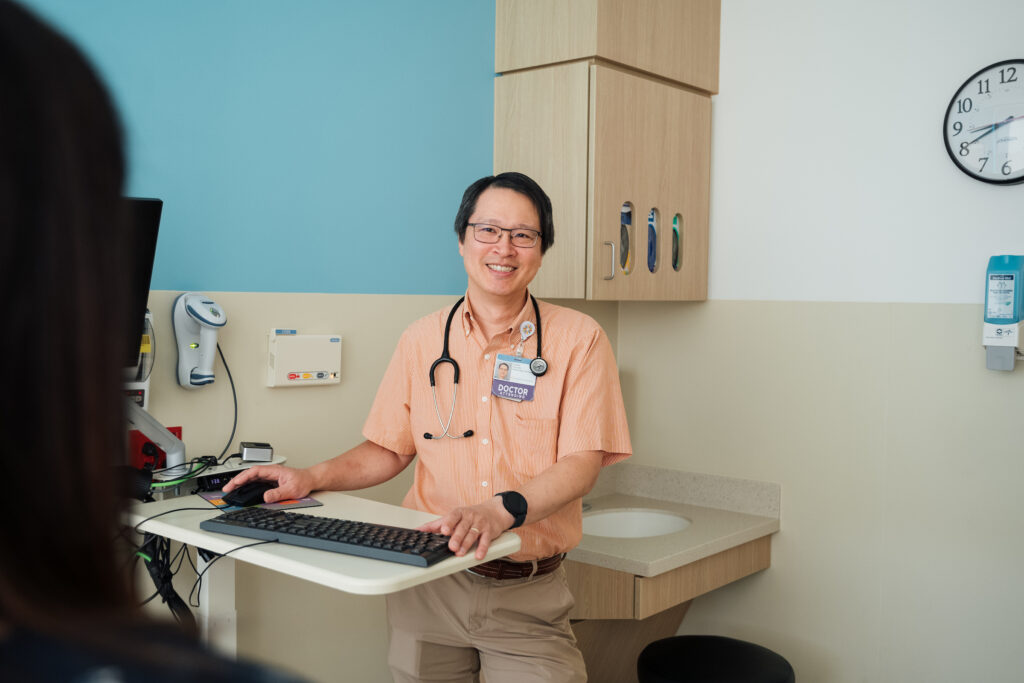
for your visit
Once we receive a referral from your child’s primary care provider, our team will review it to ensure that our team can provide the care and support your child needs. If so, our office staff will contact you with instructions about completing a background form. The information you provide on this form will help us understand your child’s background and medical history, and your concerns about their mental health. Once you have submitted the background form, we will contact you to schedule an appointment.
It’s normal to feel nervous about telling your child they’ll be seeing a psychiatrist. While some kids may feel unsure, being honest helps them understand what to expect.
For younger children, explain that a pediatric psychiatrist doesn’t give shorts or do physical exams. Instead, they talk, play and work with families to help solve problems and feel better. Let them know that we are here to help everyone in the family – not just them.
Older kids and teens may feel better knowing that what they say is private. The psychiatrist won’t share anything without their permission, unless they talk about hurting themselves, someone else or being hurt by someone.
Talking to your child ahead of time can help them feel more comfortable and show that your family is working together to get help.
- Bring support: If you’re bringing other children, please bring another adult so you can focus on your child’s session.
- Comfort items are welcomed (and encouraged!): A favorite toy, blanket or stuffed animal can help your child feel more at ease.
- Be on time: Arriving on time helps keep the visit on track.
- Answer questions: Let your child ask questions and reassure them that the visit is meant to help.
Your first visit will last about one hour. You and your child will meet with a psychiatrist who will:
- Talk with you about your child’s mental health history
- Do a full evaluation
- Create a treatment plan
A nurse will also check your child’s height, weight and blood pressure. You may meet with a medical social worker who can connect you with helpful resources like:
- Counseling centers
- Support groups
- Educational testing services
- Other programs available at Dayton Children’s
Your child’s treatment plan may include follow up visits with our clinic or your primary care doctor. These visits help track how well the treatment is working and make changes if needed. Most plans also include counseling, and we can help you find a trusted therapist, psychologist, social worker or other mental health professional.
- During normal business hours (8:30 am – 5:00 pm): Call 937-641-4040
- After hours (for current patients): Call 937-641-3000 and ask for the pediatric psychiatrist on call.
If you or your child need immediate help due to having suicidal thoughts, call the National Suicide Prevention Lifeline at 988 or text the Crisis Text Line by texting “START” to 741-741. If there is an immediate safety concern, call 911 or go to the nearest emergency room.
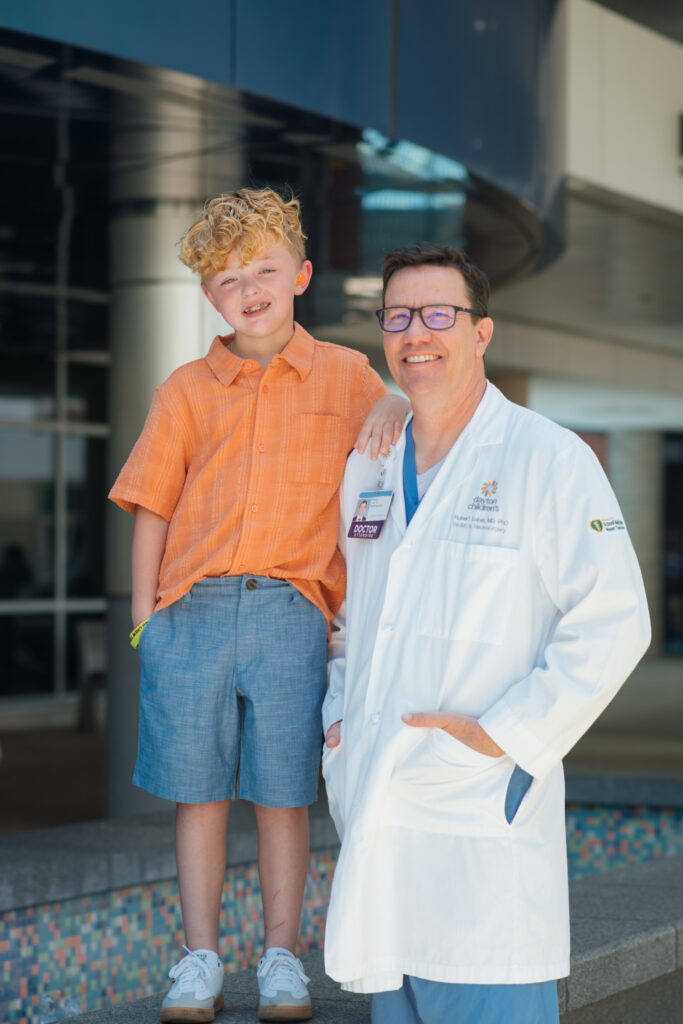
pediatric psychiatry resources
mental health crisis helplines
If you or your child need immediate help due to having suicidal thoughts, call the National Suicide Prevention Lifeline at 988 or text the Crisis Text Line by texting “START” to 741-741. If there is an immediate safety concern, call 911 or go to the nearest emergency room.
mental health resource connection
The Mental Health Resource Connection program connects patients and families to available mental health services in the community – striving to improve the mental health and wellness of children within our reach. This service is administered by social workers experienced in evaluating pediatric mental health needs and the services required to meet those needs.
If you are interested in a referral to the Mental Health Resource Connection please talk to your child’s primary care provider or by filling out our form to get connected to care. You also can use our mental health resource finder to search for resources in your community.
national psychiatry resources
In addition to the care and guidance we provide here at Dayton Children’s, there are many trusted national organizations offering valuable information, tools, and support for families navigating mental health challenges. Our specialists recommend the following websites and organizations as helpful resources to learn, find community, and feel supported.
Dayton Children’s offers many mental health resources, programs and services. Find more resources today.
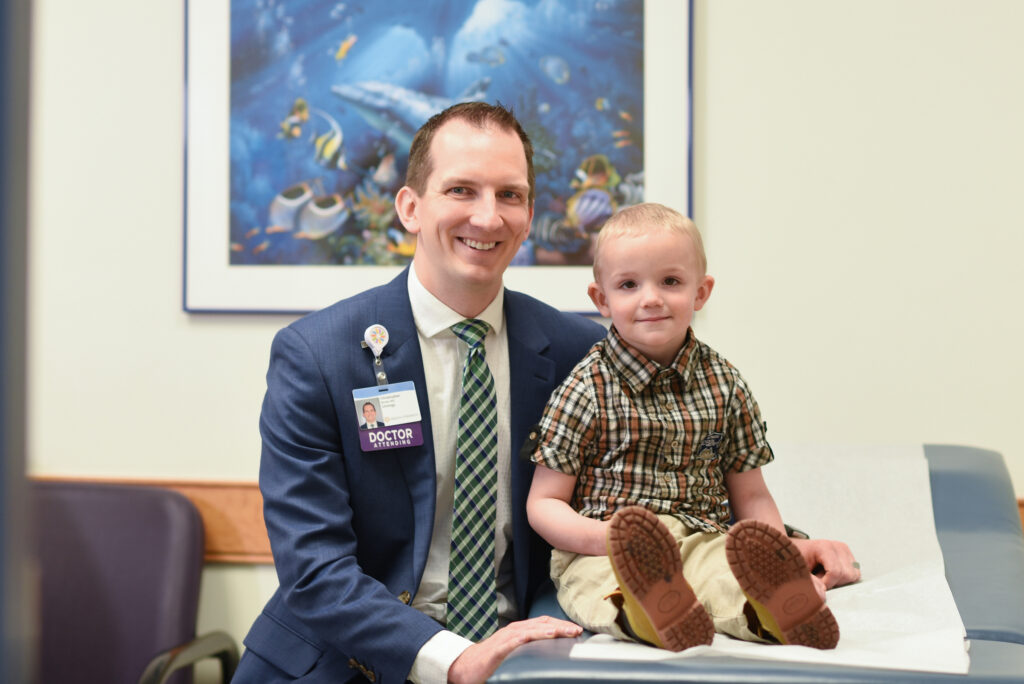
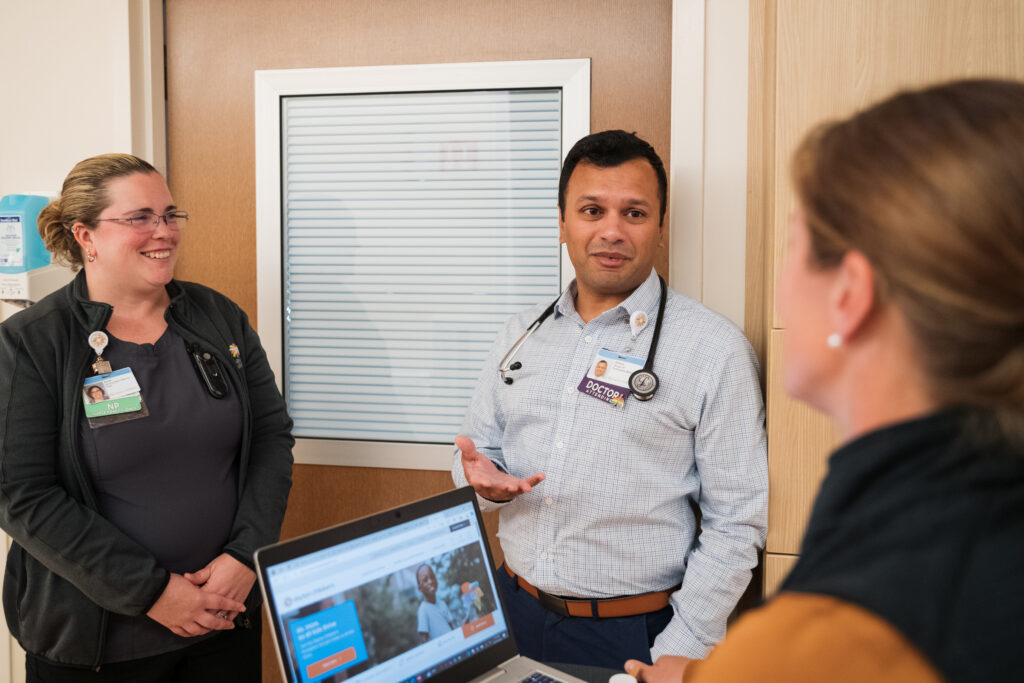
hours and locations – mental health
View Dayton Children’s locations providing mental health services to kids throughout the region:
your child’s mental health matters
We’re here to help! Whether you’re looking for immediate help or ongoing support or resources to learn more, we’re here for you and your family. Get connected to care or use our mental health resource finder to search for resources in your community.
